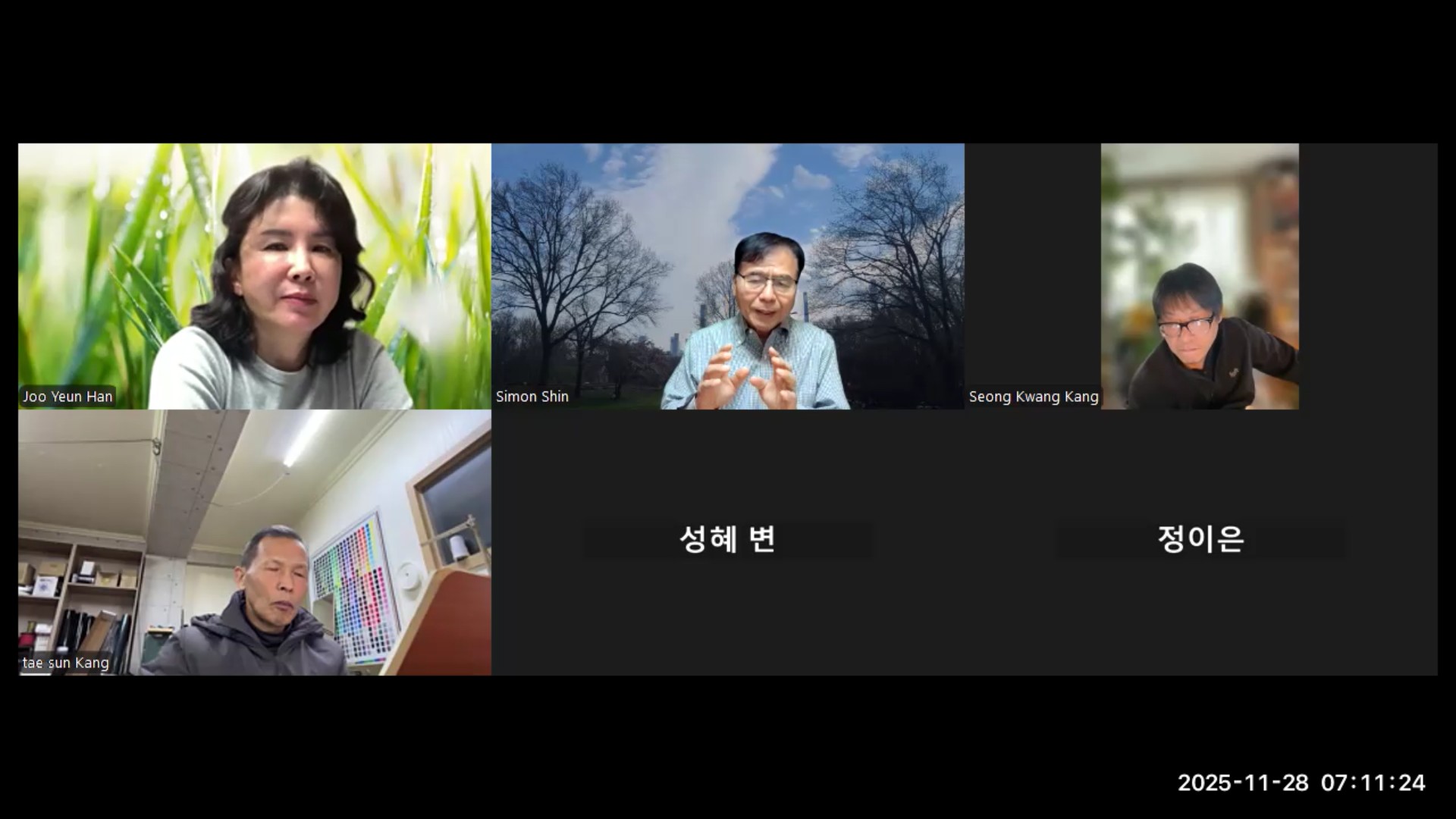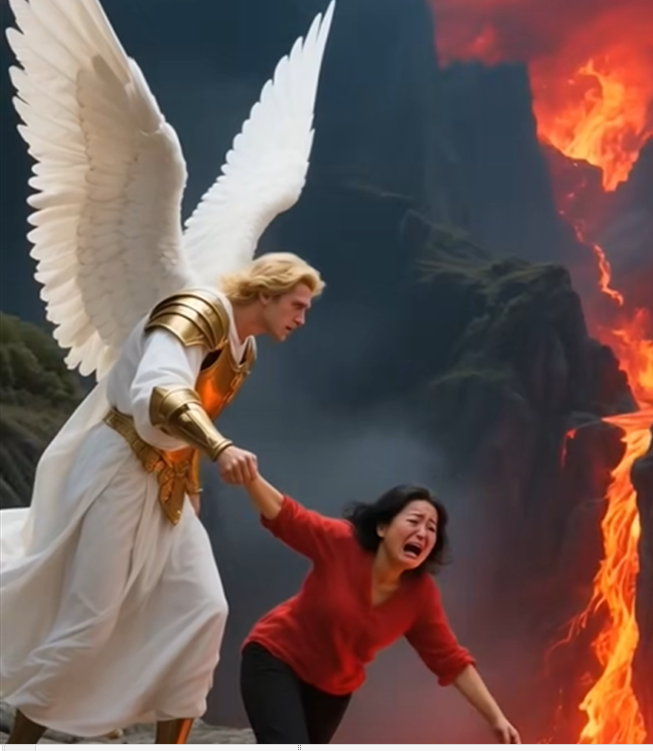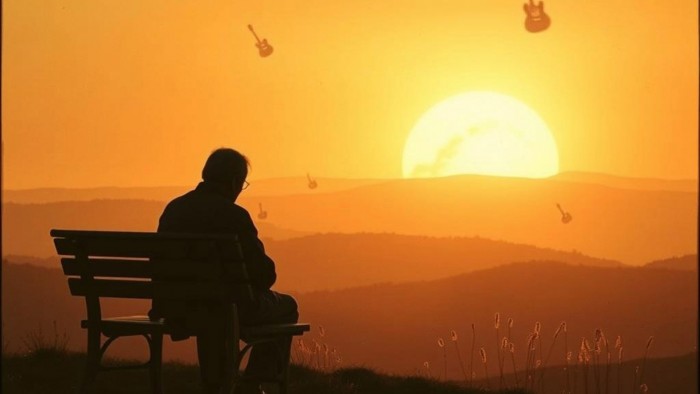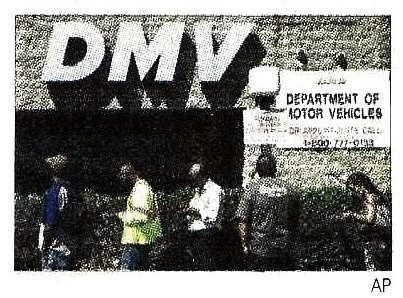- 구글 플레이 앱 국가 변경 방법 - 외국-> 한국 입국5492022.03.04
- 옴 진동수 건강수 (육각수) 만들기 [YAG TV] 안동민23992022.03.04
- The Scripture of Heavenly Code 영문 천부경 UTUBE [YAG TV]7722022.03.04
- 경북 예천 삼강문화단지 차박 UTUBE [YAG TV]4492022.03.04
- 쥐덫 놓기 Mouse Trap set upUTUBE [YAG TV]4362022.03.04
The Scripture of Heavenly Code 영문 천부경 UTUBE [YAG TV]
2022.03.04
UTUBE [YAG TV] Please subscribe to my channel.
The Scripture of Heavenly Code 영문 천부경
Cheonbugyeong is one of the scriptures of great religion and was adopted by the Teachers' Association in
1975. Currently, Hwanin is known to have passed down to Hwanwoong until now, but when he first
appeared around 1917, it was the scripture of Dangungyo Bridge. The first thing that was known in the real
world was first mentioned and distributed in Dangungyo Bridge in 1917, and was widely known to the public
by Jeon Byung-hoon's Mental Philosophy Tongpyeon around 1920 and Dangungyo's organization
Dantak in 1921. It was not until 1975, long after Daejonggyo, that it was officially adopted as a basic
scripture. Daejonggyo argues that it is a scripture containing the teachings of the Dangun period. There is a
view that Korean private academia sees it as a forgery, but there is no clear agreement on this. It is 81
characters in full text, and contains difficult numbers and doctrines, so there are various interpretations, but
scholars in various fields, including the modern Korean Buddhist community, generally acknowledge that it
has a high degree of religion. Cheonbugyeong was not known at the time of Daejonggyo's Junggwang
(1909), and Cheonbugyeong first became known to the world in 1917 when Gye Yeon-su sent a letter
stating that he had discovered Cheonbugyeong to Dangungyo. According to the letter, Gye Yeon-soo
found Cheonbugyeong on the stone wall while practicing asceticism at Myohyangsan Mountain on September 9, 1916. According to Choi Chi-won, a wise man in the east, the eighteenth day of Dangun's Cheonbugyeong is the full text of Shinji, which was found in an old monument. After interpreting the letters, Choi Chi-won said that the angle was set on Baeksan Mountain, which is believed to be Myohyangsan Mountain today. Looking
at it, after Choi Chi-won went to the Tang Dynasty to become a real teacher and returned to Korea to become a god, this Gyeongmun first appeared in Baeksan, Yeongbyeon, North Pyongan Province, in 1917 last year
A man named Gye Yeon-soo, a medicinal herb digger, entered a deep valley to dig up medicinal herbs in
Baeksan Mountain, and it is said that he found this letter on the stone wall and investigated it. When I had
already organized the Philosophy of Mind and planned to leave it to printing, I accidentally acquired
Cheonbugyeong from Confucian scholar Yoon Hyo-jeong, which was truly a strange thing from heaven.
Since its disclosure at Dangungyo Bridge in 1917, some religious figures such as Kim Yong-ki and
Kang Woo have expressed interest. However, the general headquarters of the Great Religion in Manchuria
did not accept Cheonbugyeong as a scripture. Even when Yoon Se-bok returned to Korea after liberation
and rebuilt Daejonggyo Bridge, Cheonbugyeong was not recognized as a scripture of Daejong. As a large
number of Dangun believers participated in the religious sect after Yoon Se-bok's death, the scriptures of
Dangun religion began to draw attention again. It was not until 1975 that Daejonggyo accepted
Cheonbugyeong and Chamjeongyegyeong as official scriptures.
Translation Papago AI.







 GOLF LESSONS 골프레슨 CLUB FACE 오렌지 카운티 얼바인 애너하임 플러튼
GOLF LESSONS 골프레슨 CLUB FACE 오렌지 카운티 얼바인 애너하임 플러튼
 귀천(歸天): 나 하늘로 돌아 가리라 (Feb. 13, 2026)
귀천(歸天): 나 하늘로 돌아 가리라 (Feb. 13, 2026)
 프로이트의 이론에 대한 종합적 평가
프로이트의 이론에 대한 종합적 평가
 윤석열 대통령 손현보 목사님 전광훈 목사님 감옥 보내신 분은 영적 시각으로 예수님입니다.
윤석열 대통령 손현보 목사님 전광훈 목사님 감옥 보내신 분은 영적 시각으로 예수님입니다.
 R&B Version 의 석양과 노인
R&B Version 의 석양과 노인
 운전자들은 꼭 명심하자.
운전자들은 꼭 명심하자.
 최고의 FX 솔루션 임대 | 카카오솔루션의 맞춤형 FX 거래 플랫폼
최고의 FX 솔루션 임대 | 카카오솔루션의 맞춤형 FX 거래 플랫폼
 새해 건강은 면역에서 시작됩니다 – 네이쳐메딕 후코이단과 함께하세요
새해 건강은 면역에서 시작됩니다 – 네이쳐메딕 후코이단과 함께하세요
 겨울철 난방 관리
겨울철 난방 관리
